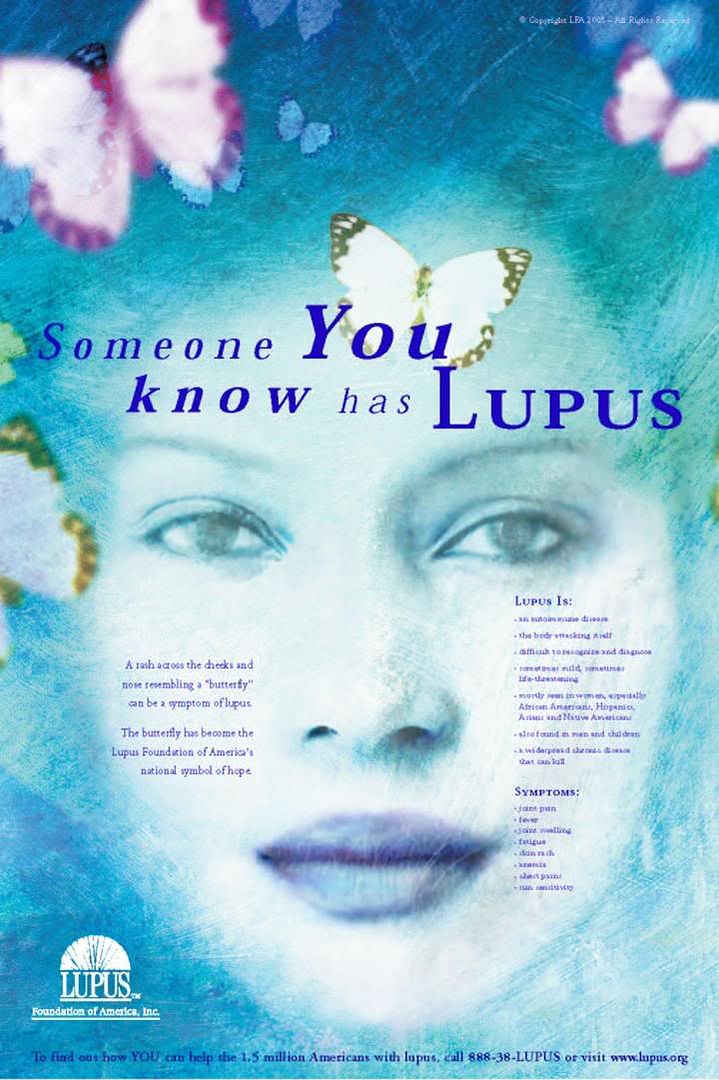 |
|
|
hidup sehat Tuesday, October 03, 2006 Many "fat-free" foods actually have the same number of calories as theirregular counterparts. Food manufacturers often replace fat with sugar --leaving the calories the same. And if you're trying to lose weight, that'sno bargain: All calories count. Always check the calories, sugar andcarbohydrate totals on fat-free cookies, cakes and other similar foods.While they are generally better for you than higher-fat products, don'texceed the serving size -- those "fat-free" calories are easily convertedinto fat in your body if you eat too many of them._____ Which sounds more appealing: dried plums or prunes? Manufacturers have takento calling the tasty prune (which had acquired an indisputable reputation asa digestive cure), the dried plum. It's a terrific source of both solubleand insoluble fiber, magnesium, potassium, and antioxidants. Whatever youcall them, they make a terrific on-the-go snack, mix-in for yogurt, or saladextra! _____ Don't get mad next time someone tells you to "Take a hike!" -- thank themfor the good fitness advice! Hiking gets you out in a natural environment,promotes relaxation and enhances creativity, not to mention toning yourlegs, buttocks and back muscles _____ PARIS (AFP) - Calcium supplements fail to provide long-term strengthening ofbones, according to a study that touches on osteoporosis, a disease commonlyfacing woman after the menopause. The paper, published online by the British Medical Journal (BMJ), is areview of 19 major studies that involved nearly 2,900 healthy children agedbetween three and 18. They included children who were given calcium supplements for at least threemonths and whose bone health was then monitored more than six monthsafterwards. Children taking the supplements only had 1.7-percent better bone density intheir upper limbs compared to counterparts who did not take the extracalcium.This small benefit did persist in the upper limbs, but there was nosignificant effect on the rest of body, particularly at sites such as thehip and lower spine that are prone to fracture later in life.Bone density diminishes among women after the menopause, so doctors are keento boost bone mass early in life through diet and exercise."The small effect of calcium supplementation on bone mineral density in theupper limb is unlikely to reduce the risk of fracture, either in childhoodor later life, to a degree of major public health importance," the papersays. It suggests other dietary paths, such as taking more vitamin D -- producednaturally by the skin's exposure to the Sun and present in oily fish -- andeating more fruit and vegetables.
Comments:
Post a Comment
~~~ |
.:Find Me:. If you interested in content, please contact the Writer .:Want to Joint ?:. If you want to know more about lupus surferer's activities and want to donor your help and money, go here Need more consult ?, go here .:acquaintances:.
The Enterprise .:New Book:. .:talk about it:.
.:archives:.
.:Link-link website Lupus:.
Lupus Org .:credits:.
|